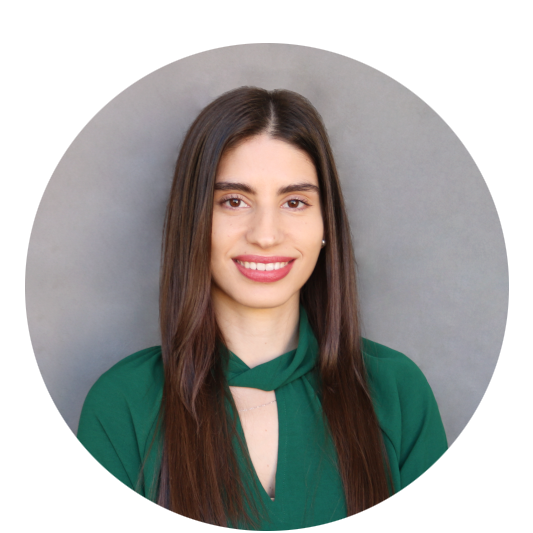Revamped Legal Framework for Foreigners: Entry, Stay, Exit, and Removal from National Territory

Maria Matos de Almeida | Immigration Consultant
Due to the restructuring of Portugal's border control system, including changes to internal security activities and the redistribution of competencies and resources from the Foreigners and Borders Service (SEF), the Agency for Integration, Migration and Asylum, I.P. (AIMA, I.P.) has been established.
The legal regime for the entry, stay, exit and removal of foreigners from national territory (Law no. 23/2007, 4 July) was amended on 17th January, by the Regulatory Decree no. 1/2024, which made the necessary adjustments to AIMA's restructuring.
This amendment also sought to introduce some measures to modernise and simplify administrative procedures, to ensure that AIMA is able to process pending applications and decide on cases relating to the stay of foreign citizens in national territory in good time, ensuring that security requirements are met.
In summary, the main changes approved are:
- Removal of the need for face-to-face appointments with AIMA for processes initiated at consular sections, when biometric data has already been collected and the necessary elements for the process have been submitted;
- Creation of new online platforms for submitting processes for granting and renewing residence permits, thus promoting the dematerialisation of processes;
- Limitation of the set of people who can submit processes online and making it compulsory for them to present a qualified electronic signature, aiming to prevent the practice of illicit activities and the emergence of illegal immigration networks;
- Changing the general rule regarding the delivery of residence, becoming necessary that it must be delivered in person to the respective holder or representative at the AIMA offices;
- Administrative approval of applications for a "researcher" residence permit or "researcher mobility of residence granted by an EU Member State", in cases where the immigration services have not given an opinion for a period of 30 days.;
- Assignment of extensive powers to AIMA to consult the databases of the services that are responsible for verifying the fulfilment of the requirements of applications for extension of stay, authorisation and renewal of residence and long-term resident status. This now will need to be processed within 15 days of receiving the application. Only if AIMA is unable to access the information will it revert to the traditional system of notifying the applicant to submit the documents.
- Introduction of the possibility of checking the applicant's criminal record to by consulting the criminal record information system of the country of nationality or the country of residence where the applicant has lived for more than a year. If this is not possible, the requirement to submit the original document will remain.
- Introduction of the possibility of checking this information of the legal entries and stays in national territory, by consulting the Entry/Exit System (SES), the Border Control System, and also by consulting the system for exchanging visa data between Schengen Member States and by accessing the AIMA SII, making the use of passports and respective stamps or travel documents is to be residual.
- With regards to the Golden Visa programme:
- No changes have been introduced that were not already in the law, as far as the requirements for investment activity are concerned.
- About investment in the constitution or reinforcement of the share capital of a Portuguese company, the new wording establishes "access to supporting information", which translates into an adaptation of the letter of the law to the automation of commercial business documentation.
- The introduction of a mechanism for double-checking the fulfilment of legal requirements regarding investment, opening up the possibility for the Immigration Services to request opinions from the competent national entities. As a result, AIMA now has the power to consult organisations such as Social Security or Banco Português do Fomento, for example.
- Although it is not very clear, these changes give powers to a control group, which from now on will analyse investment activities every two years to assess their impact on scientific and cultural activity, the promotion of foreign investment and job creation.
- Application of the residence permit regime for entrepreneurial immigrants, with the necessary adaptations, and except for the time requirements for staying in Portuguese territory that residence for entrepreneurs requires, to pending applications submitted or granted under the regime in force prior to October 2023, namely regarding bank deposits and real estate investment options.
Having in mind these changes, AIMA has launched last Thursday an online portal for family reunification requests. At the moment, is possible to submit requests for children between the ages of 5 to 9 years old. It is expected that the portal will be opened up to other applicants in the near future.
It was also reported during an interview with AIMA's president that AIMA would have a contact centre, which will be launched this quarter.
At a time of uncertainty as to how and when this new organisation will operate, the introduction of this new portal appears to be a sign of hope and confidence in the work to be done by this new agency for migration and asylum.
If you have further questions regarding this matter,
get in touch with us and we will be delighted to assist you.










